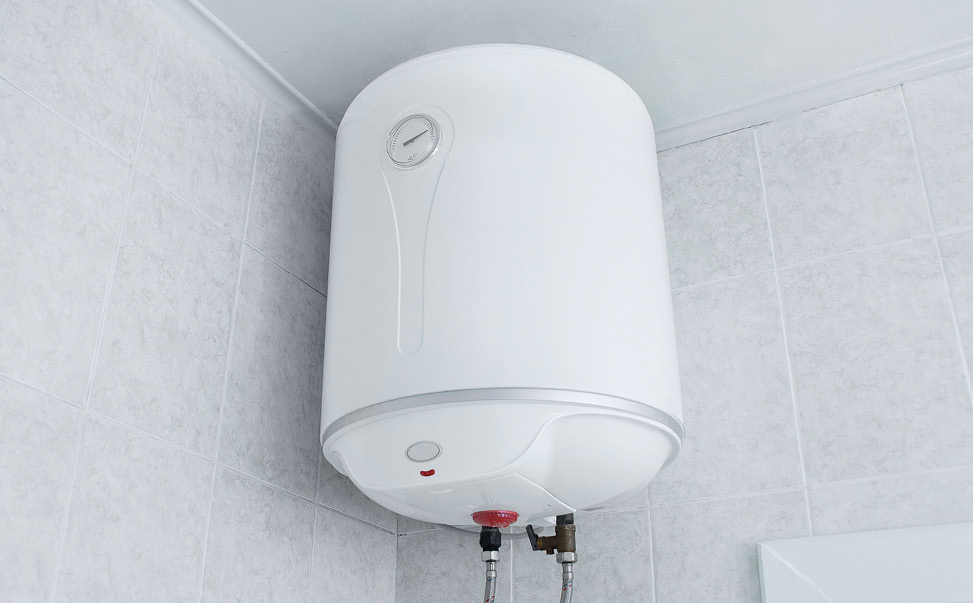One of the most common maintenance issues that UAE households face is one that people think the least about – problems with their water heaters.
If you live in the UAE, you may have already experienced the impact of a burst water heater. A sudden flood of water? ‘Rain’ in the bathroom? Broken ceilings? It can be a real mess.
Both villas and apartments in Dubai are typically fitted with individual water heaters for each bathroom and kitchen in the property. This allows you to turn off the heaters in rooms you are not using or in the middle of summer when the water is already hot enough and you don’t need them.
Yet, you may not have considered that these water heaters need safety checks and regular inspections and maintenance to prevent dangerous incidents and breakdowns.
One common mishap in Dubai is when the water heater increases the temperature of a nearby pipe and causes it to burst, resulting in ‘indoor rain’ or a flooded room.
Breathe specialists recommend that customers have their water heaters serviced at least once a year by licenced professionals.. A qualified specialist will be able to spot if a heater remains in good working order, is power efficient, and most of all – is safe.
During the inspection, technicians will ‘flush’ the water heater – this is really important as it gets rid of things like dirt, minerals, and other sediment that may have built up in the bottom of the tank.
It will also get rid of those funny noises you sometimes hear.
When water heaters start making popping, crackling, or banging sounds, the culprit is usually scale build up. Scaling causes a pressure imbalance within the water heater tank that might shut off the system or lead to overflow. It can also wear down the bottom of the tank so that the lining no longer protects against corrosion, leading to serious leaks.
As with most household maintenance and all maintenance, regular servicing will save you money in the long run.
The tougher it is for the heating element to transfer hot water due to foreign material that has settled on the bottom of the tank, the more energy will have to be consumed – this means higher utility bills. You could also end up spending more on repairs as various parts fall victim to corrosive scale deposits or clogging sediments. Flushing your hot water tank, helps cut these costs.
So don’t wait until it’s too late, future proof yourself or you might find your water heater bursts through your ceiling when you least expect it!


